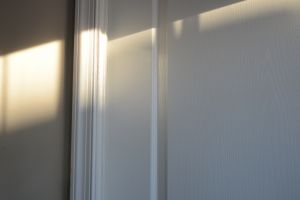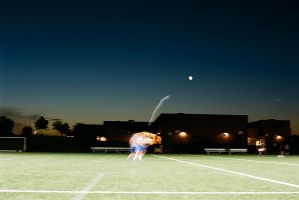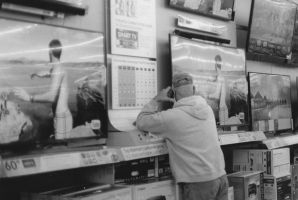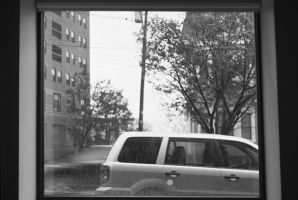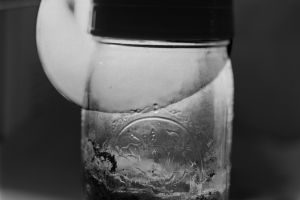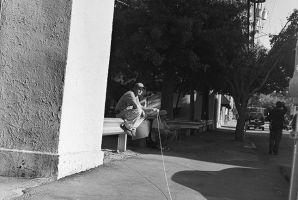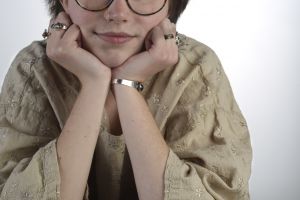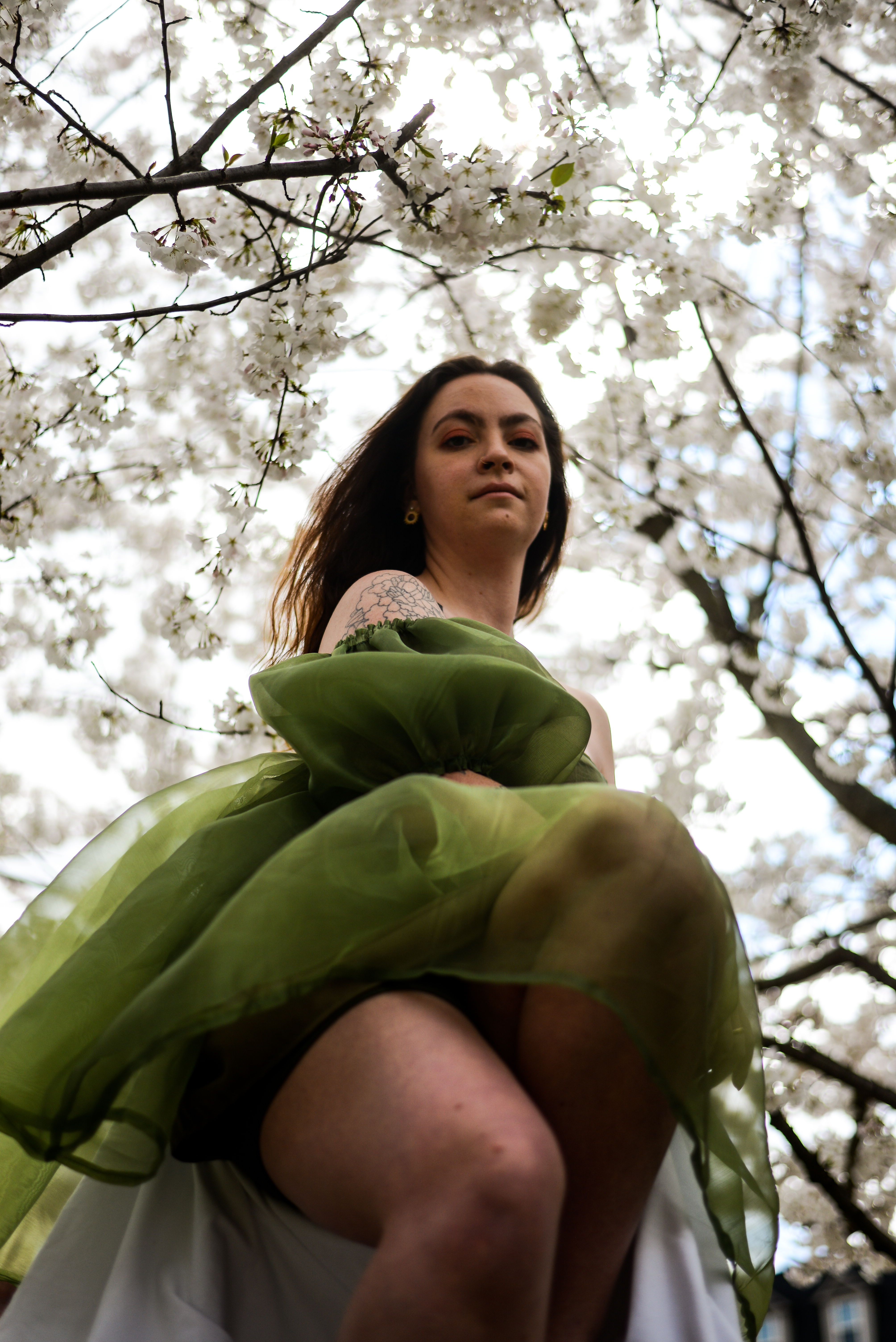- 2-D animation
- 3-D animation
- Abstract
- Abstract Painting
- Alt. process photography
- Animation
- Architect
- Archivist
- Art History
- Arts Writer
- BFA
- Blacksmith
- Book arts
- Book Illustration
- Branding
- Calligraphy
- Caricature
- Carpentry
- Ceramic
- Collaborative/collective
- Collage
- Color Photography
- Comics
- Commercial Photography
- Commission
- Community art
- Concept Art
- Conceptual
- Construction
- Copy photography
- Curator
- Development
- Digital 3-D modeling
- Digital Fabrication
- Digital Media
- Digital Photography
- Documentary
- Eco-Art
- Editor
- Editorial photography
- Engraving
- Etching
- Event photography
- Fab Lab
- Fashion
- Feminist
- Fiber
- Fiber Art
- Figure
- Film
- Film Photography
- Freelance
- Furniture Design
- Gallerist
- Game developer
- Garments
- Gender
- Goldsmith
- Graphic design
- Health and medical
- Home furnishing
- Identity Design
- Illustration
- Installation
- Interactive
- Interior Design
- Interior Painting
- Jewelry
- Kinetic
- Landscape
- Landscape Architect
- Lettering
- Letterpress
- Logo Design
- Master Printer
- Mechanical drawing
- Metal Fabrication
- Metalsmithing
- MFA
- Miniature
- Model
- Model maker
- Monotype
- Mural
- Mural Artist
- Music
- Packaging Design
- Painting
- Performance art
- Photography
- Porcelain
- Portrait
- Portraiture
- Preparator/ Art Handler
- Printmaking
- Product Design
- Public Art
- Public Engagement
- Representational
- Restoration
- Robotics
- Screenprinting
- Sculptor
- Sculpture
- Sign painter
- Social media
- Social Practice
- Soft Sculpture
- Stone
- Stop Motion Animation
- Street Art
- Surface Design
- Teaching artist
- Textile
- UI Design
- Video
- Visual Identity
- Web Design
- Wedding photography
- Window display
- Woodcut
- Woodworking
- Writer
Vascular Inheritance
Connect me with Courtney Cronin
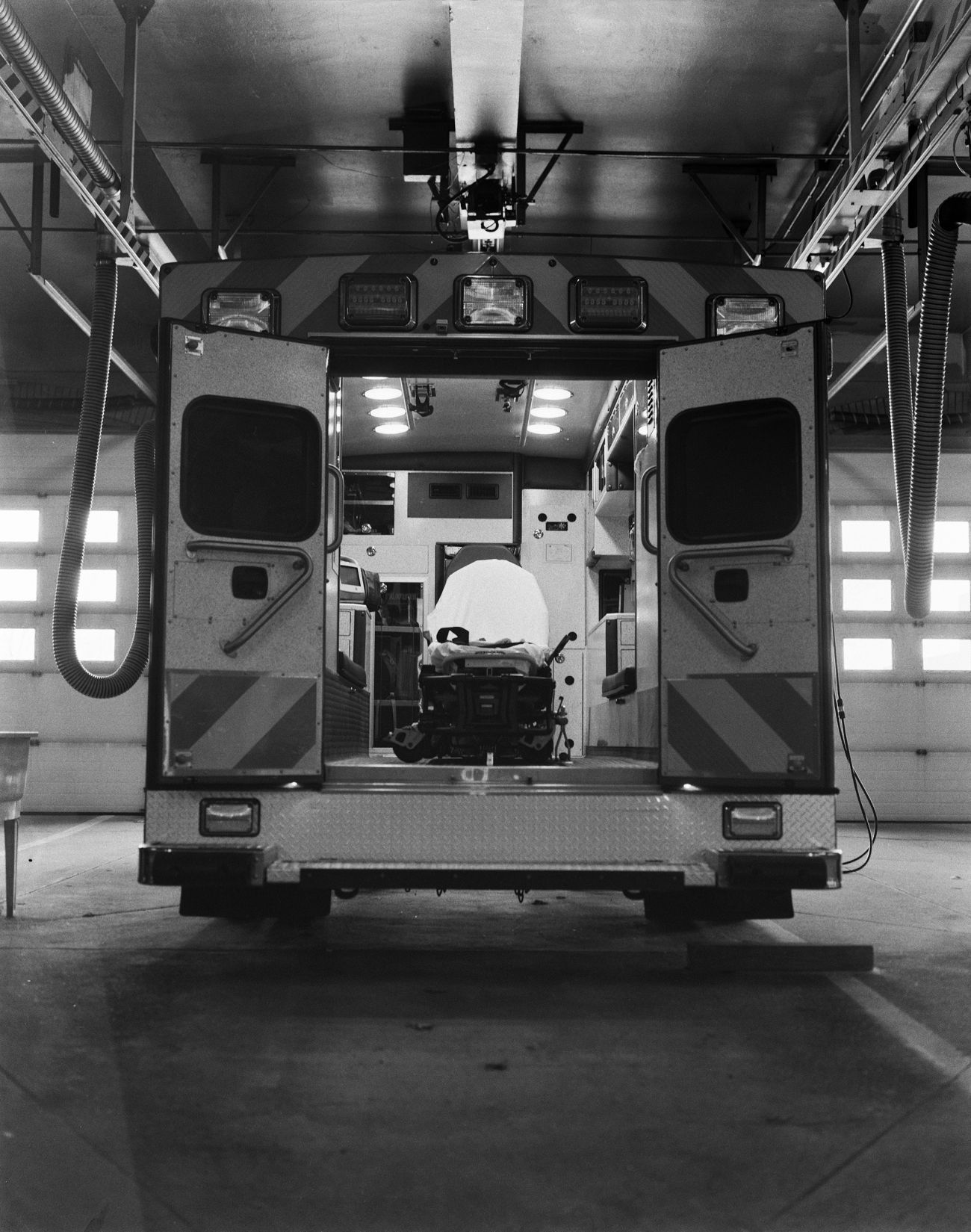
Not Orange Peels, 2019, Silver Gelatin Print, 11 x 14
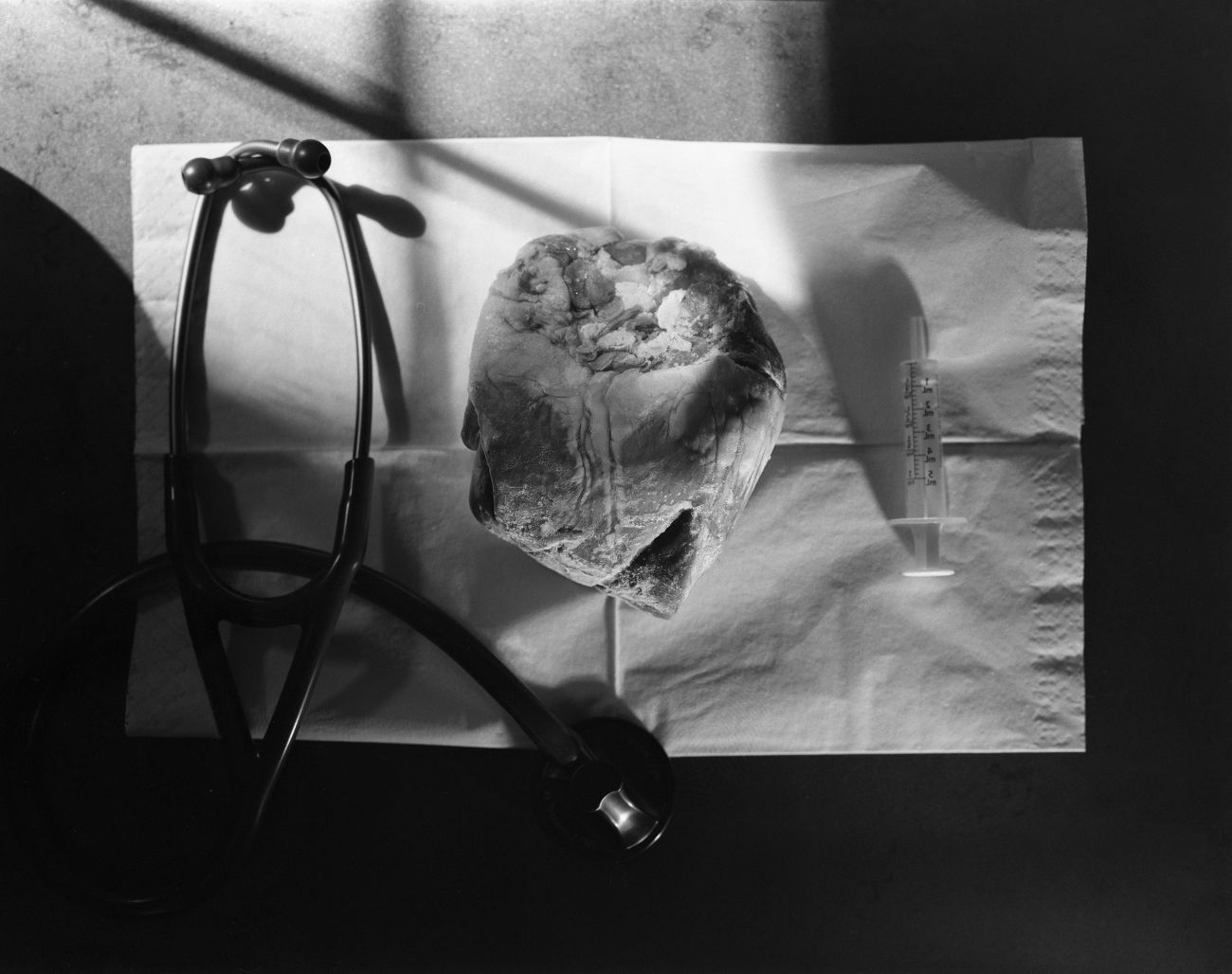
Give(r), 2019, Silver Gelatin Print, 14 x 11
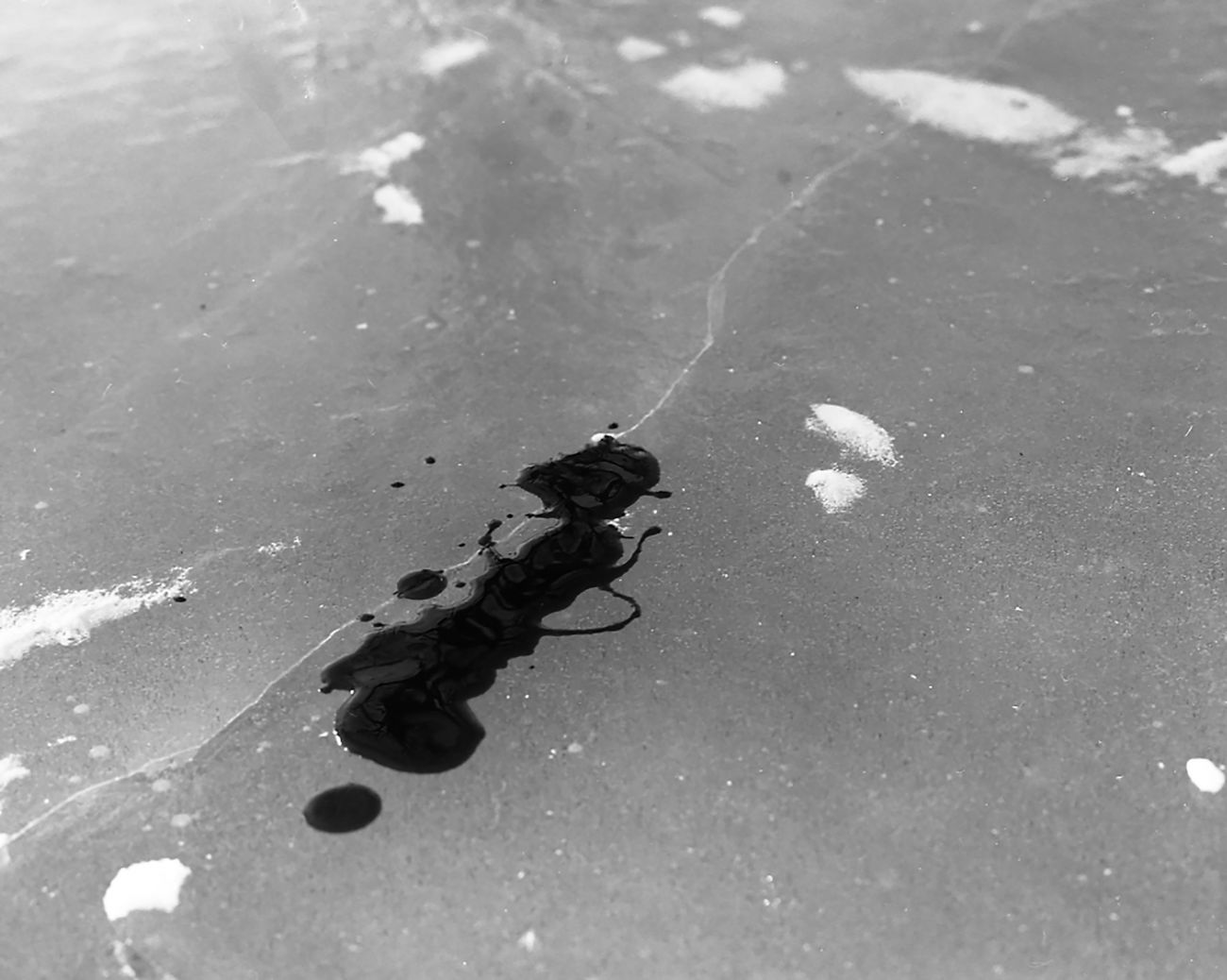
Don't Tell Mom, 2019, Silver Gelatin Print, 14 x 11
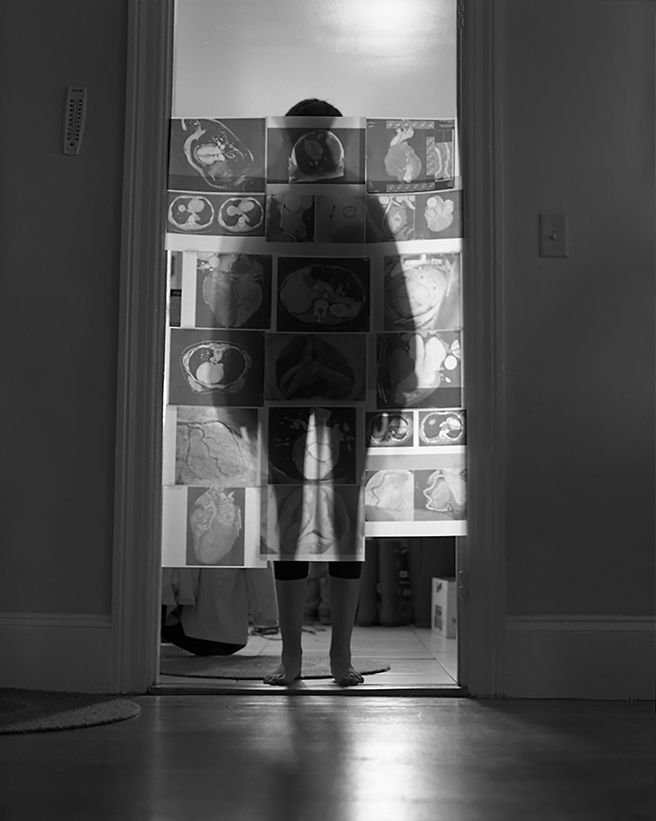
Bi/Tricuspid, 2018, Silver Gelatin Print, 11 x 14
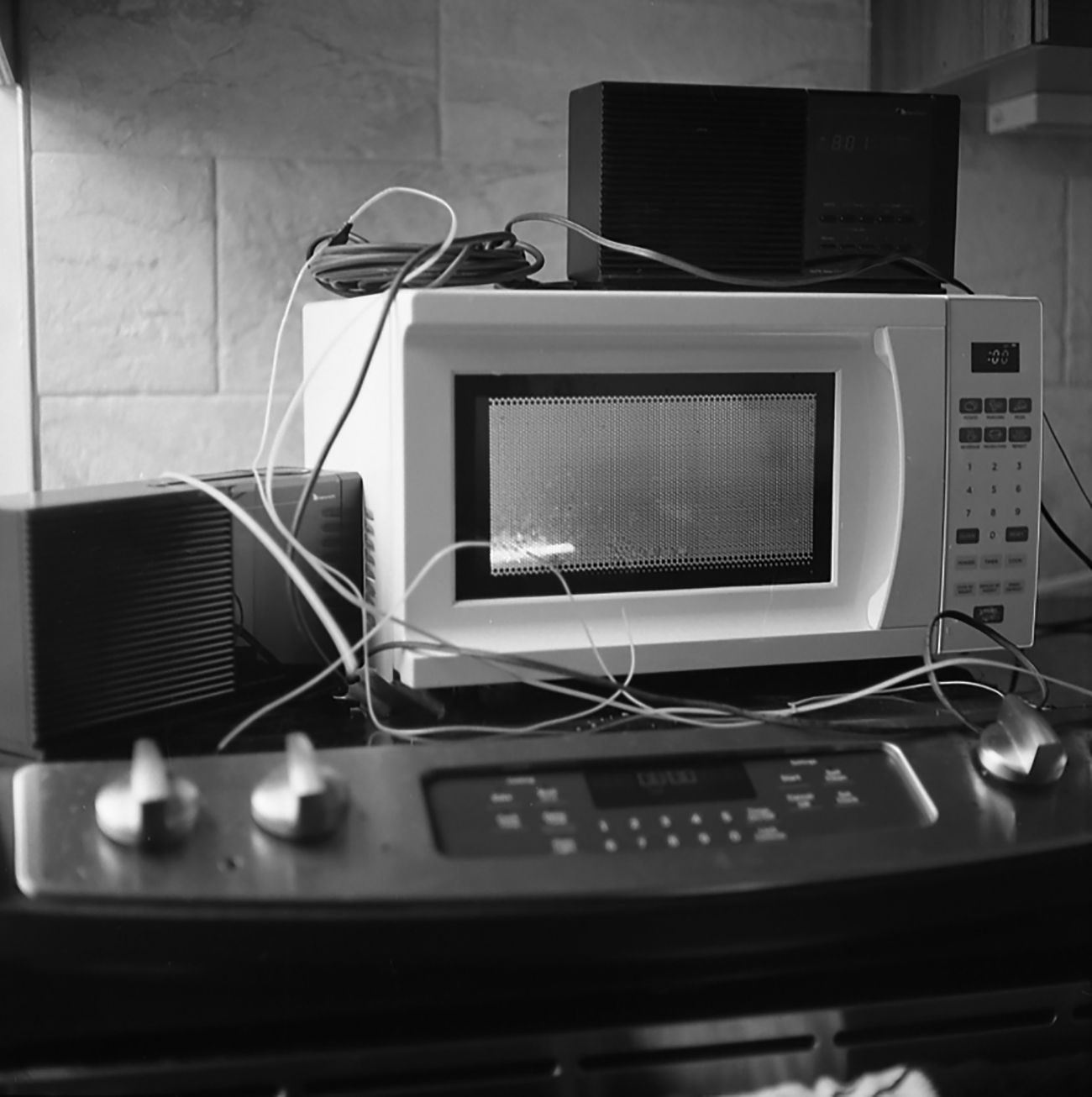
Monitors, 2018, Silver Gelatin Print, 11 x 14
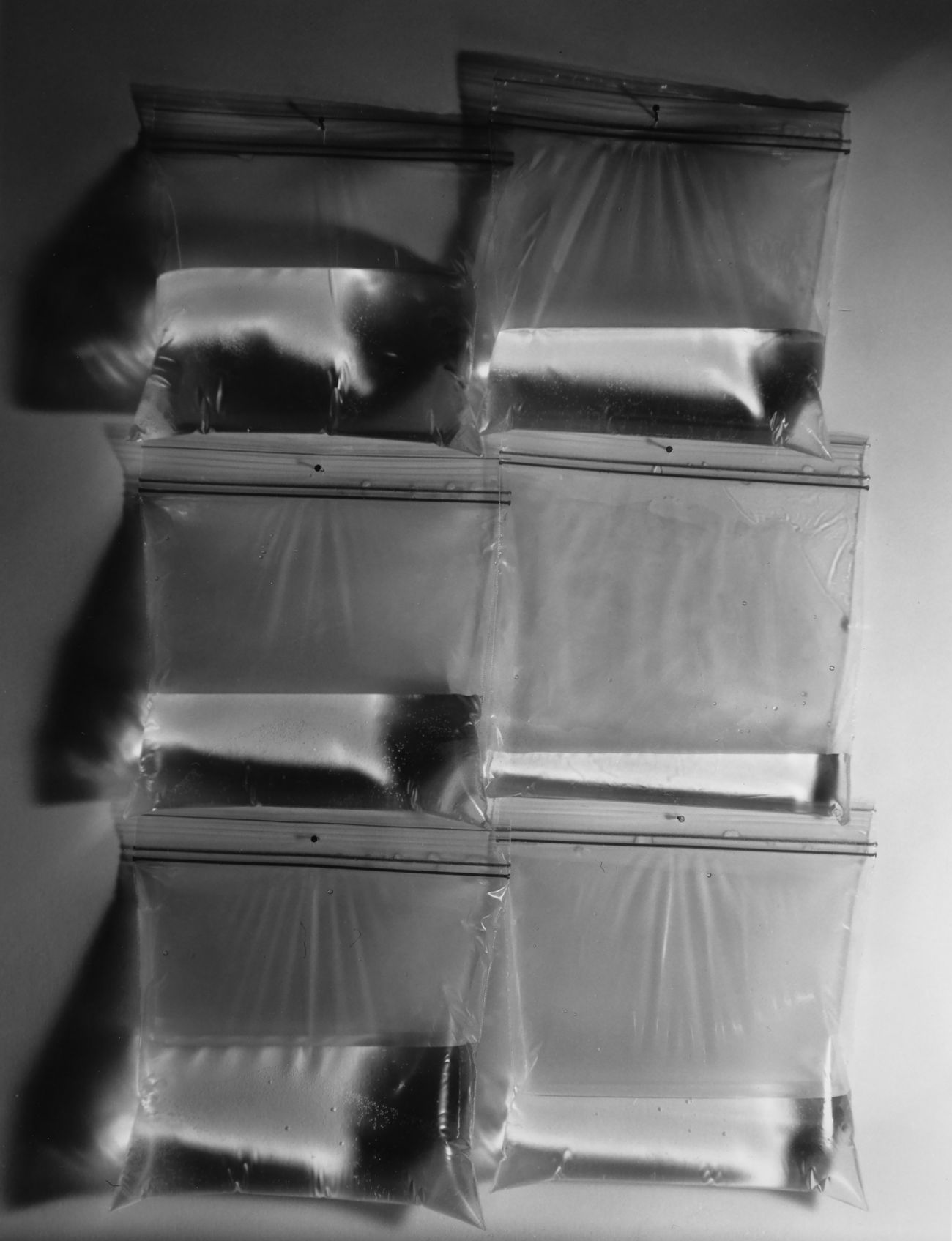
Bags of Liquid, 2018, Silver Gelatin Print, 11 x 14
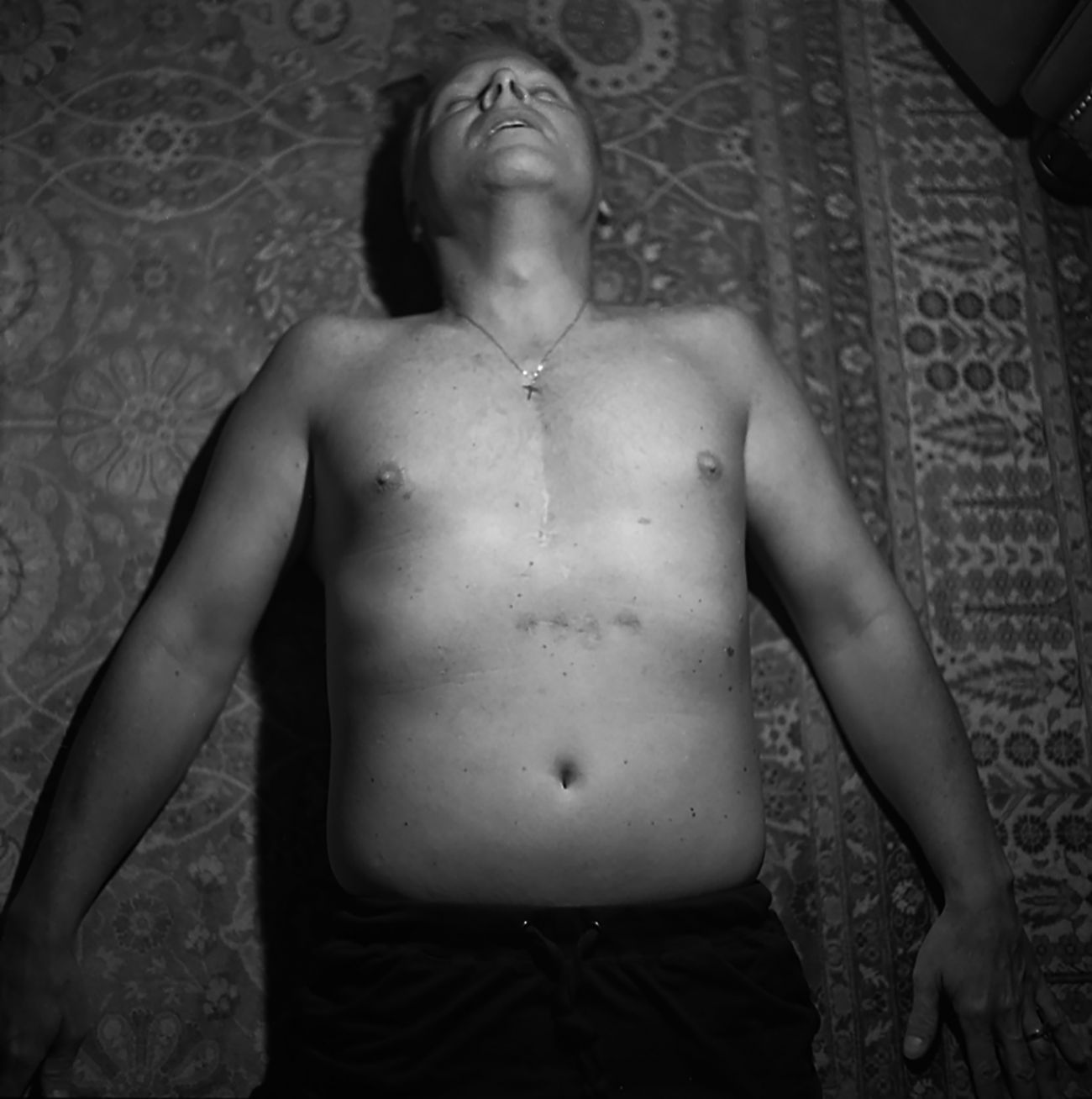
Scars on Scars, 2019, Silver Gelatin Print, 11 x 14
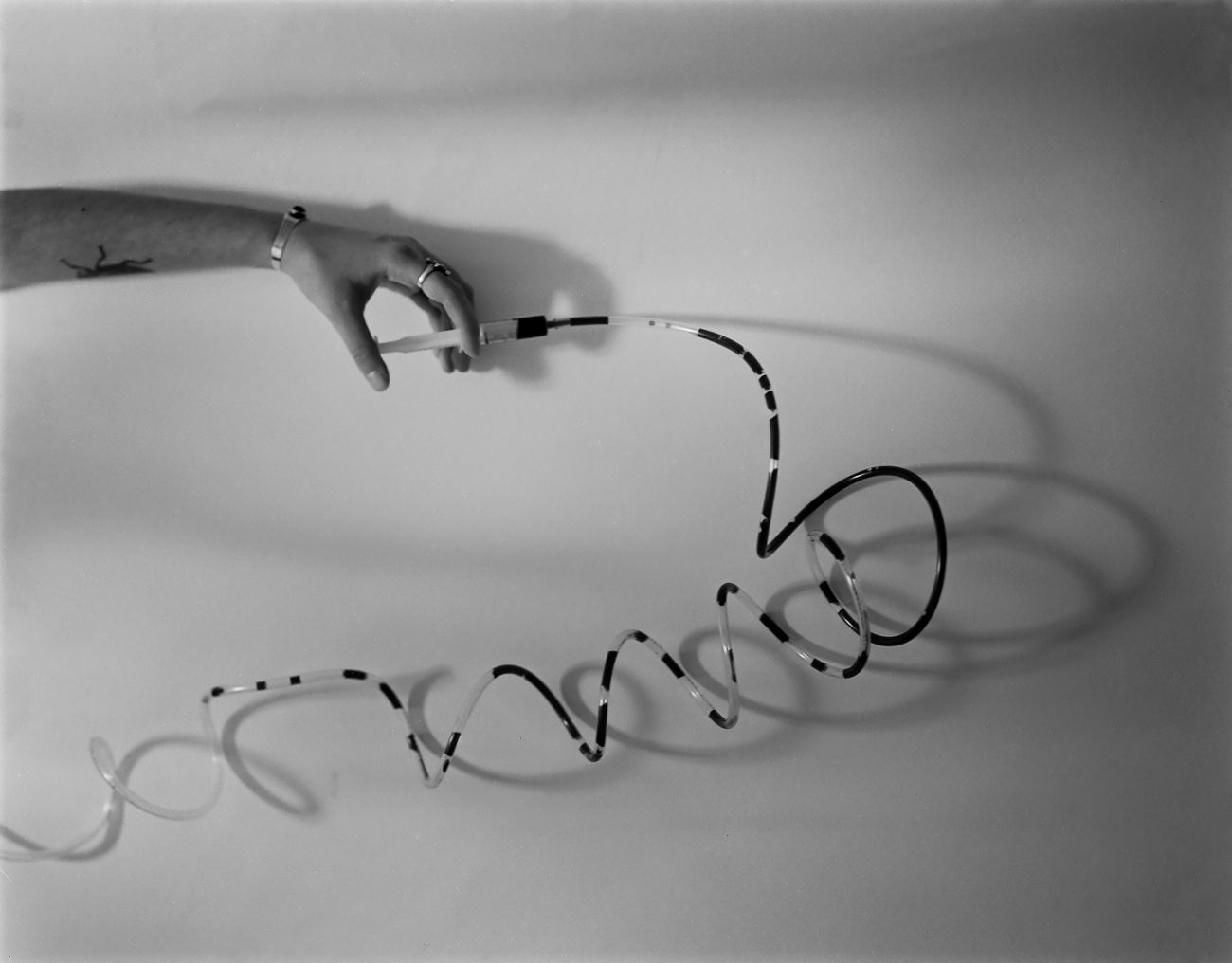
Bloodline, 2019, Silver Gelatin Print, 14 x 11
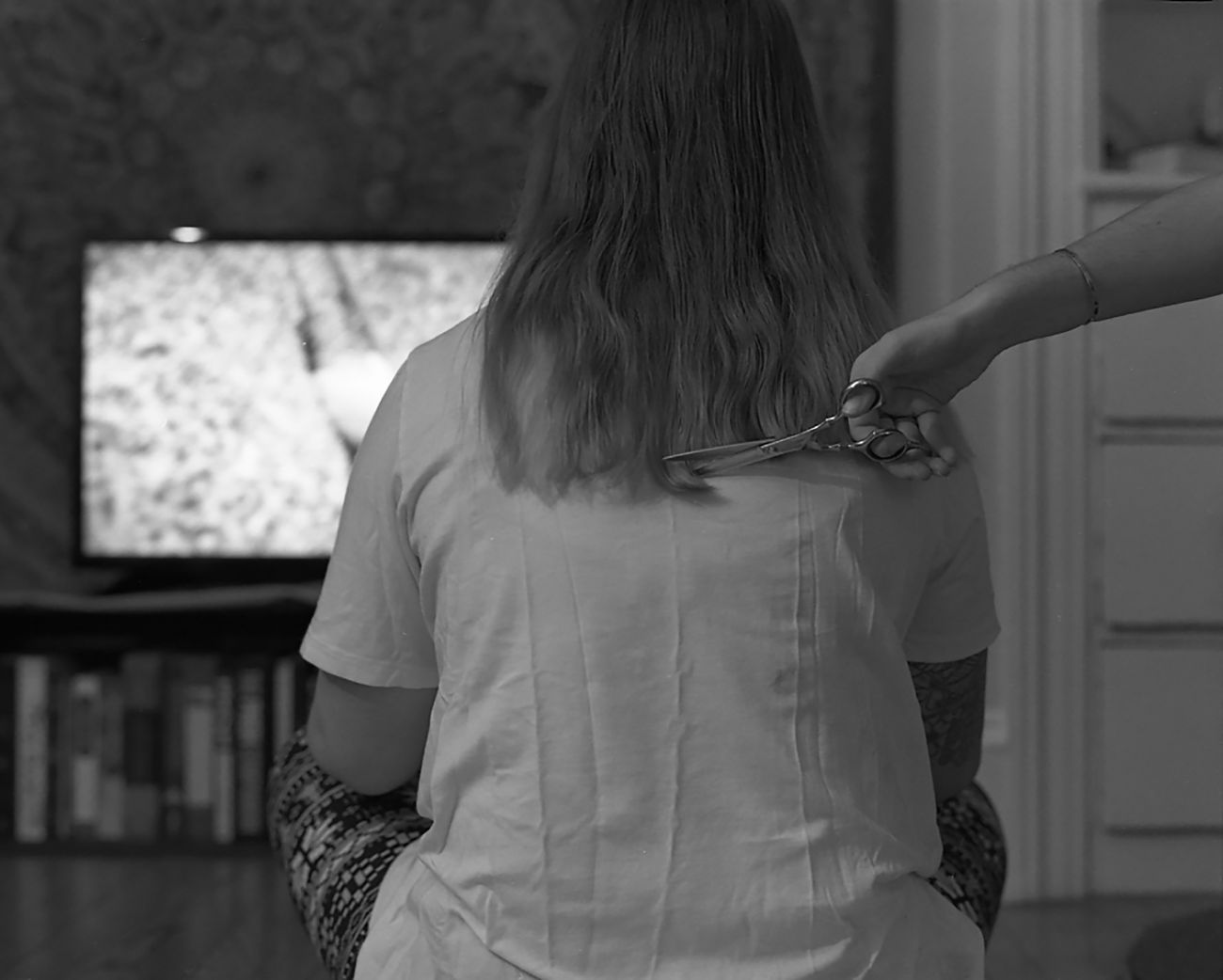
Self-care, 2019, Silver Gelatin Print, 14 x 11
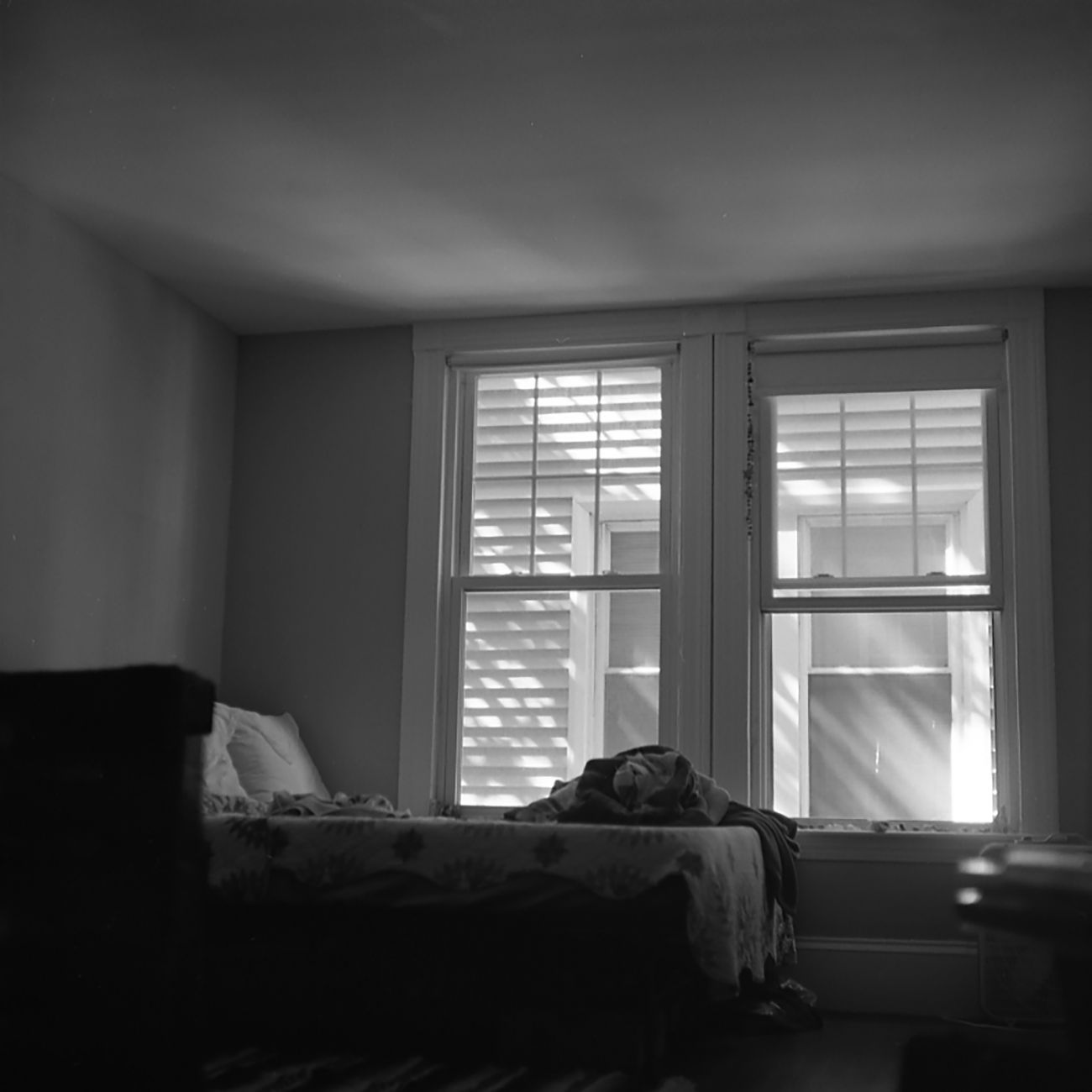
Waiting, waiting, waiting... , 2018, Silver Gelatin Print, 11 x 14
Description
Through the construction of my photographs, I seek to explore and understand the fragility of the human body; specifically through a highly regarded, and loved figure; my father. Through the lens of medicine, caregiving, and family I explore how we as humans can find that which is traumatizing also beautiful, and how fragile the human body is in juxtaposition to its feats of strength. For as long as I can remember there has always been five people in my family; myself, my younger sister, my mother, my father, and my father?s heart condition. My father was born with a heart defect that has required him to have open heart surgery every fifteen years to replace his tricuspid valvewithin his aorta. As a child, this was hard to understand other than, ?Dad is sick, but he?ll be okay?. In 2018 the surgery was performed again right on the fifteen-year schedule, and it went into complete chaos. To no one?s fault, not my father?s health nor the actions of the cardiothoracic medical team that is at George Washington University Hospital, my father?s heart stopped. Seeing and experiencing the terrifying process of someone almost dying, but then making a full recovery from something that has a two percent survival rate has severe psychological effects on a person and their family. Each photograph I have made within this thesis body of work in some way connects back to the this single organ, whether literally or by relation. From an ambulance, to a quilt of c.t scans, to a reenactment of bedside hospital monitors, to finally a photograph of a restful recovery bed. I process through the fear within the form of making photographs by dissecting, observing, and assessing the damages to these constructed photographthat I inflict upon them from memories, both childhood, and adult. I mimic the techniques used by medicine to take care of the body, along with the emotional and psychological state of a person being affected by familial trauma. Each of these photographs is made on film as well as the rest of this body of work. It is the tactility of loading the camera with film and moving all the parts of the camera to focus it just right, to catch the light that allows me a kind of control I do not often feel in life. This gives me a sense of healing over the many things that have influenced me to make thesecimages in the first place. Using analog photography printing methods forces me to slow down, think about how I am constructing the image, and to instill the emotions that I am feeling into the physical act of making of the image. I have to solely rely on myself to get to the end result that which is the physical print to facilitate my healing through this process.
The body can take many forms within our daily lives and can present its influence in just as many ways, and thus there is no one way of making work about how close death is to life.

